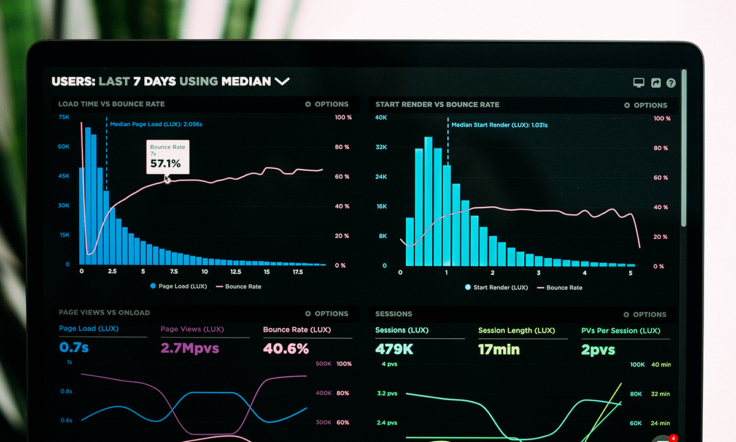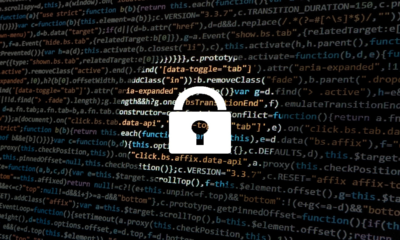
Let’s say we want to research and write an article about a specific topic. If we do not know much about that subject, we first need to read pages of information for long hours and have an idea about the subject. Then we can share the information formed in our minds with others, and put the information we have absorbed into an article. This information does not have to be just in the form of articles; the information can also be prepared in a meaningful graphic with visualization, but the data should be arranged accordingly in a way that the computer can understand.
Open data refers to all data that is freely licensed, compiled and arranged in a way that people and especially computers can understand and can be used by everyone. This data can be locations, images, photos, descriptions, reviews or prices collected for a specific purpose. In order for a data to be open data, it must be accessible to everyone and the institution or organization that publishes the data must have licensed that data for open use. Thus, the person or institution conducting the study will be able to use the data freely. In order for open data to be used correctly, it must be arranged in a format that the computer can understand. These are the most common open data formats;
- CSV (Comma separated Value Files),
- JSON (JavaScript Object Notation)
- API (Application Programming Interface)
- Shapefiles,
- XML (eXtensible Markup Language or XML)
Today, the importance of Open Data is understood more and more. With the regular use of these data, people reach useful information and move the society and life forward. For example, we can overcome the Covid-19 epidemic we are experiencing today only with open data and the information provided by open data. The symptoms of the disease, its reaction to different drugs, the course of the virus on the body, and how effective the vaccines that are trying to be developed can be obtained with data from thousands of people published by governments and institutions. Another example is the fight against corruption. The more open and transparent governments are in publishing data, the easier it will be to detect possible anomalies in data due to corruption. For instance, there are hundreds of data sets on the open data source data.gov site of the United States of America. Public and private organizations in our country have started to publish data sets, as is the publication and use of open data in the world. For example, the Open Data Portal of Istanbul Metropolitan Municipality started its publication life in 2020 and prepares data on certain subjects and publishes it regularly to those who want to use it.





